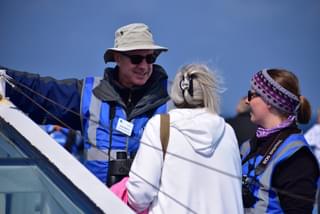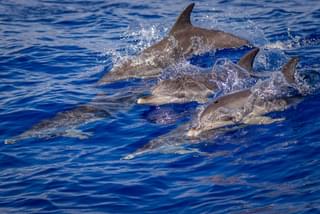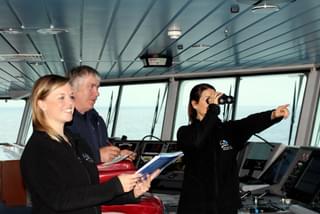What does it mean to be a citizen scientist?
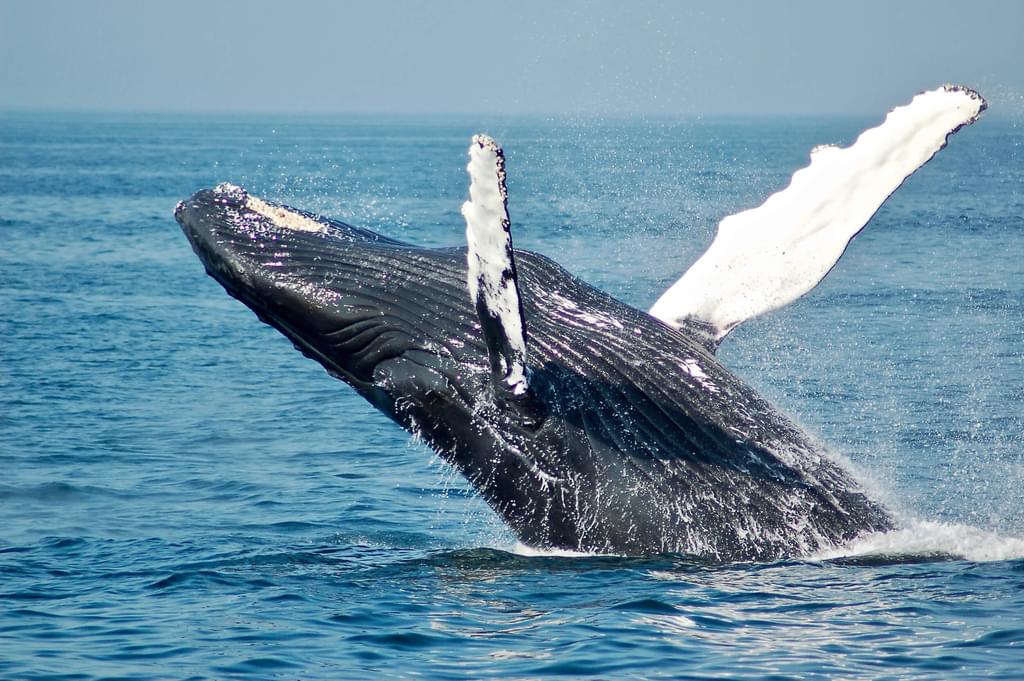
What makes ORCA distinct is our dedication to combining accessible marine education with our conservation activities, allowing us to give everyone opportunities to take an active role in marine science and conservation.
There are a number of ways you can become an ORCA citizen-scientist…
Through our partnerships with ferries and cruise ship companies, we built a unique platform for our true citizen-science programme which has now been in place for over 20 years. Every day, these ships sail through whale and dolphin habitats, and we recognised the role they can play as highly effective platforms of opportunity for research, enabling us to reach marine areas that are difficult to monitor and survey regularly.
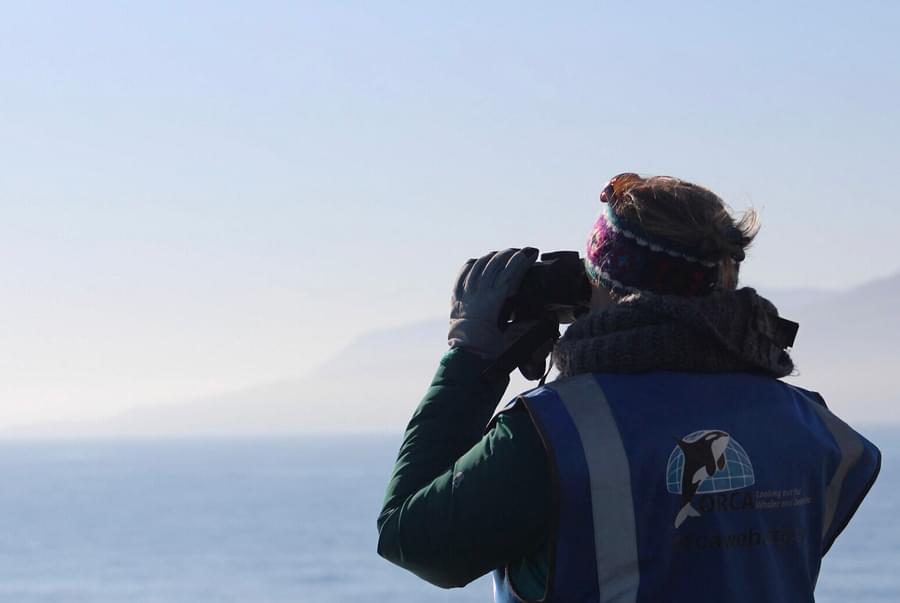
But now you don’t have to be on the water to look out for whales and dolphins. ORCA believes that everyone can contribute to, shape and change our knowledge and insights around marine conservation – whether on land or at sea. That’s why we launched our citizen-science monitoring programme; ORCA OceanWatchers.
We believe that citizen scientists can (and will) create a better future for the whales and dolphins in our oceans. And the more that there are, then the more evidence we have and the more powerful our voice becomes.
We’ve designed OceanWatchers to enable everyone to collect data about these magnificent marine mammals in a flexible way, enabling you to be an integral part of our conservation work. This new initiative enables diverse opportunities to actively monitor important habitats so that we can continue to drive policy and help create and keep protected areas in UK and European waters.
You may also be interested in

